80-82 Cao Duc Lan, District 2, HCMC, Vietnam
+84 76 865 6688
info@beetech.com.vn
+84 76 865 6688
About us
Contact us
80-82 Cao Duc Lan, District 2, HCMC, Vietnam
+84 76 865 6688
info@beetech.com.vn
+84 76 865 6688
About us
Contact us

Application of RFID in anti-counterfeiting: an inevitable technology trend for businesses
Counterfeit products have become a global issue. In Vietnam, fake goods are widespread across industries from pharmaceuticals, food, and cosmetics to fashion and consumer products. Counterfeits not only cause serious damage to businesses but also directly affect the health and rights of consumers.
In this context, adopting advanced technologies to prevent counterfeiting is essential. One of the most prominent solutions today is RFID a radio-frequency identification system that enables fast and secure product authentication.
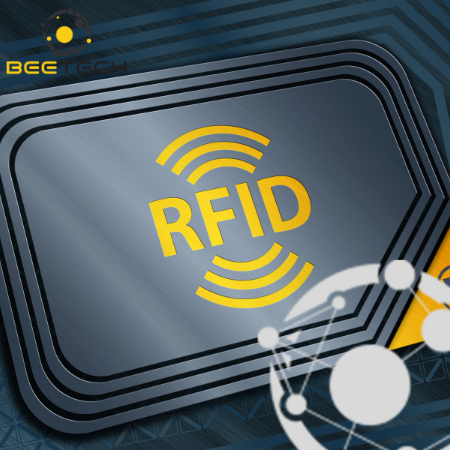
RFID (Radio-Frequency Identification) is a technology that uses radio waves to transmit and receive data between a microchip-enabled tag (RFID tag) and a reader (RFID reader). Unlike barcodes or traditional labels, RFID does not require direct scanning. It can identify items from a distance and even multiple products at once.
A basic system includes:
RFID Tag: Attached to the product, containing a unique identification code that cannot be duplicated.
RFID Reader: A device that sends and receives radio waves to communicate with the tag.
Data Management System: Stores, processes, and displays traceability information.
The process is simple: when the reader sends out a signal, the RFID tag responds with its unique ID. The system then verifies and authenticates the product’s origin.
RFID is highly effective against counterfeiting because it provides a unique identifier for each individual product—something that cannot be copied or reproduced like traditional printed labels.
Moreover, RFID enables end-to-end tracking of a product’s journey—from manufacturing, packaging, and logistics to retail shelves and the end customer. This level of transparency makes counterfeiting virtually impossible.
Instant authentication: With just one scan, businesses or consumers can confirm if a product is genuine.
High security: Each RFID code is unique and securely stored in the system, minimizing the risk of forgery.
Supply chain management: Beyond anti-counterfeiting, RFID helps optimize warehouse operations and logistics.
Integration-ready: Compatible with technologies such as Blockchain and IoT for enhanced transparency.
Durability and flexibility: RFID tags function in various environments, including harsh or humid conditions.
In healthcare, counterfeit drugs pose life-threatening risks. RFID ensures authenticity, tracks the supply chain from manufacturer to pharmacy, and protects patients from unsafe products.
Brands such as Gucci, Louis Vuitton, and Uniqlo already use RFID to safeguard their products. Customers can simply scan the tag to confirm authenticity, improving their overall shopping experience.
RFID enables full traceability of food supply chains—from farms to dining tables. Consumers can easily verify the origin of products, ensuring safety and transparency.
In the electronics industry, RFID ensures genuine components, reducing risks associated with counterfeit parts that could cause malfunctions or safety hazards.
Protect brand reputation against counterfeits.
Minimize financial losses from fake products.
Streamline inventory, distribution, and supply chain operations.
Peace of mind when shopping for authentic goods.
Guaranteed rights when using genuine products.
Stronger trust and long-term loyalty to brands.
Easier market monitoring and inspection.
More effective anti-counterfeiting measures, ensuring a healthier business environment.
Despite its advantages, RFID adoption still faces challenges:
Initial costs: Implementing requires investment in tags, readers, and management software.
Technology infrastructure: A synchronized system and skilled workforce are necessary.
Market adoption: Many consumers, especially in developing countries, are not yet familiar with using technology for product authentication.
RFID is expected to become more widespread as costs decrease and technology advances. Key trends include:
Blockchain integration: Storing product data on Blockchain to enhance transparency and prevent tampering.
AI and big Data: Leveraging analytics to predict trends and detect anomalies in supply chains.
Mobile applications: Allowing consumers to authenticate products instantly using smartphones with NFC.
RFID is proving to be a critical technology in the global fight against counterfeiting. It not only protects brands and consumers but also fosters a transparent and healthy marketplace.
With the ongoing digitalization of supply chains and rapid technological advancement, RFID will become an indispensable tool for businesses seeking to strengthen their reputation and increase brand value.
With over 12 years of experience in the AutoID industry, Beetech is proud to be one of Vietnam’s leading providers of RFID solutions and smart devices.
Our team of skilled engineers works closely with businesses from consultation and implementation to full lifecycle support, ensuring RFID solutions operate seamlessly and deliver maximum value.
Let Beetech be your trusted partner in building a smart management system, enhancing your competitive advantage, and driving success in the digital era.
📧 Email: info@beetech.com.vn
🌐 Website: https://beetech.com.vn

See more products: Here


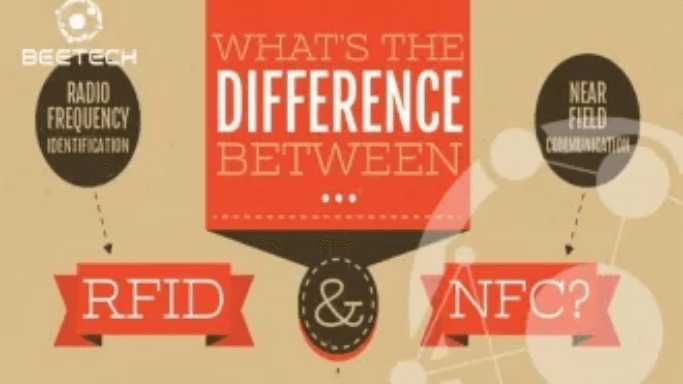
What is NFC? What is RFID? What's the difference between NFC and RFID?
18/09/2025 02:55:49
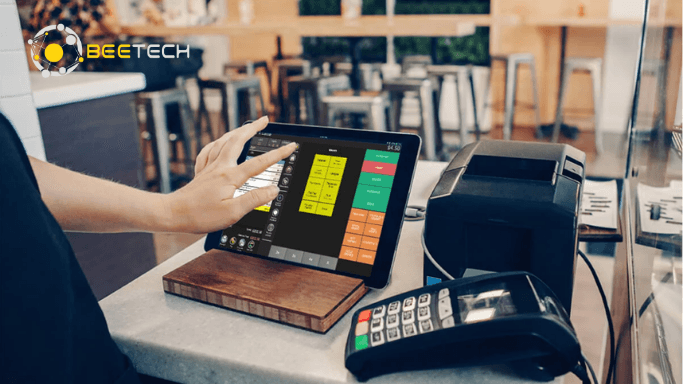
RFID for Businesses: How to Implement an Effective Membership Card Program
17/09/2025 02:47:07

RFID Antennas – A Breakthrough Solution for Harsh Industrial Environments
08/09/2025 06:56:50

RFID: A modern management technology effectively replacing Barcodes
04/09/2025 03:21:00
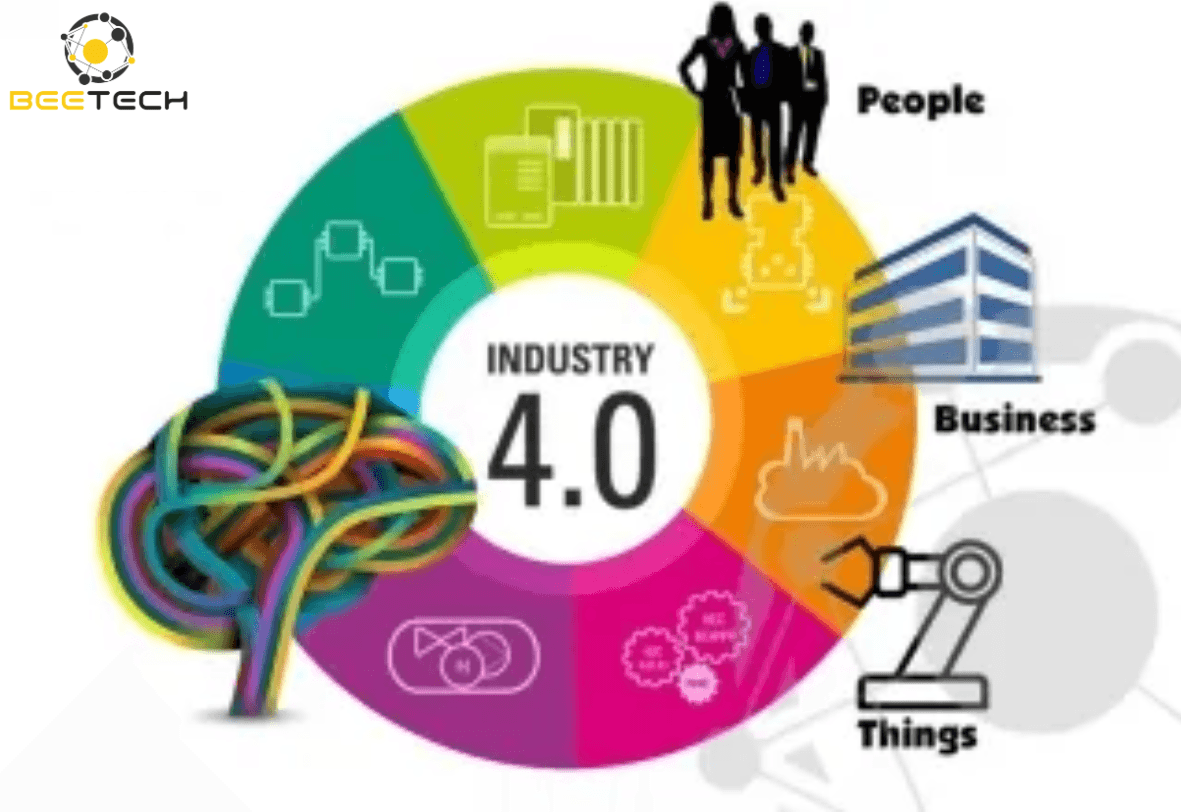
Seamlessly Operating RFID Technology for Smart Manufacturing in Industry 4.0
19/08/2025 03:48:58
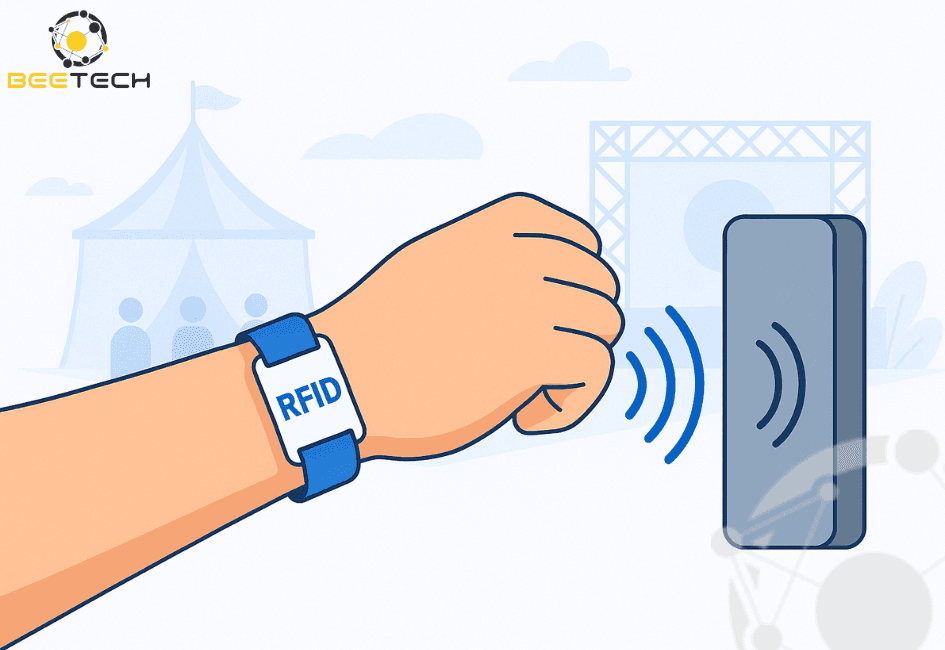
**RFID – A Breakthrough Solution for Modern Event Management in Vietnam**
28/07/2025 04:01:17